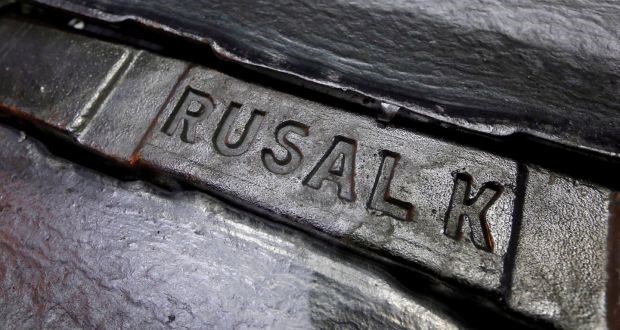

Rusal said in a press interview that discussions over Rusal investing in Braidy’s aluminium rolling mill at Kentucky happened much before the imposition of the U.S. sanctions on its group of companies. Rusal announced its plan to invest as much as US$200mn in the Kentucky plant after the sanctions were lifted from Rusal in late January 2019 after Deripaska agreed to reduce his ownership and give up control of the firm.
Some US lawmakers have urged the government for a review of Rusal’s investment in the project considering the fact that Deripaska still remains under sanctions and holds ownership shares on Rusal.
{alcircleadd}
“The project in Kentucky was discussed long before Rusal was sanctioned,” Rusal’s deputy chief executive officer Oleg Mukhamedshin said in an interview in St Petersburg last week. “We just had to put the talks on hold after sanctions.”
He confirmed that Rusal will be a minority investor and supply the US mill with aluminium from Rusal’s new Taishet plant in Siberia.
“The project wasn’t a Rusal initiative,” Mukhamedshin said. “We were invited to participate and we found it interesting. For us it is industrial partnership as gives an opportunity to sell our advanced products on the American market.”
He said that the US is world’s No 2 consumer of aluminium, but has a 2.5 million-tonne deficit of refined aluminium.
Since, the Kentucky mill will supply rolled aluminium products to the automotive industry, this investment will give Rusal a better foothold in the sector that is the largest consumer of the metal.
Braidy CEO Craig Bouchard also said that sourcing of aluminium from Rusal should not be a cause of worry and the focus should be on the project that aims to help the community by creating jobs and bringing business to Kentucky.
After the sanctions are lifted, Rusal is also pulling up its socks to recapture the market share which it lost after missing out on lucrative supply contracts last year due to sanctions. He said that customers who prefer greener aluminium will come back to you as Rusal sources most of its electricity from Hydro power.
“We plan to restore our market share of high-value-added products sales by 2020 after the new contracting season, that will be in September through October,” he said.
He expects the price to bounce back to about US$ 1,900 per tonne as the market outside China is still in deficit. Rusal’s first quarter results were affected by the US-China trade war and sanctions.



Responses






